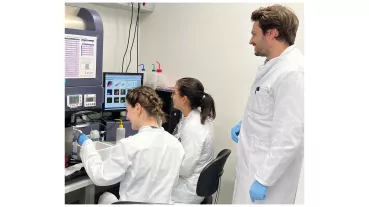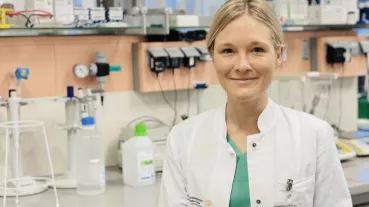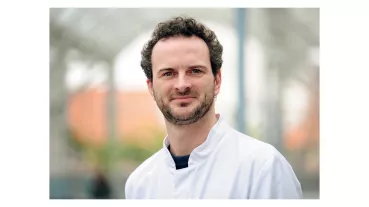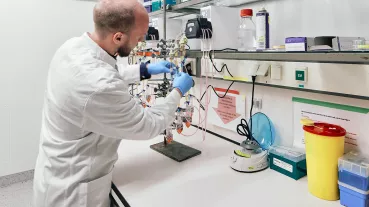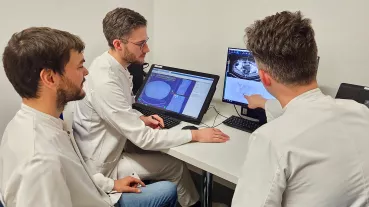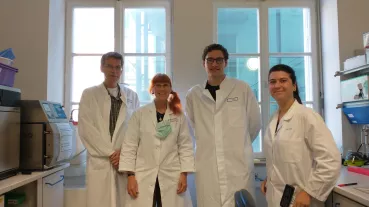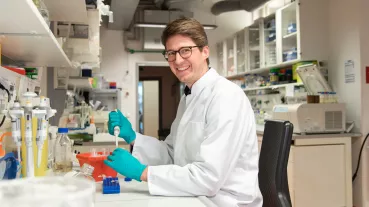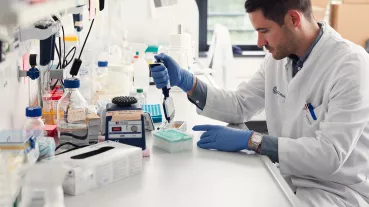Development of a targeted treatment concept against transforming HPV infections
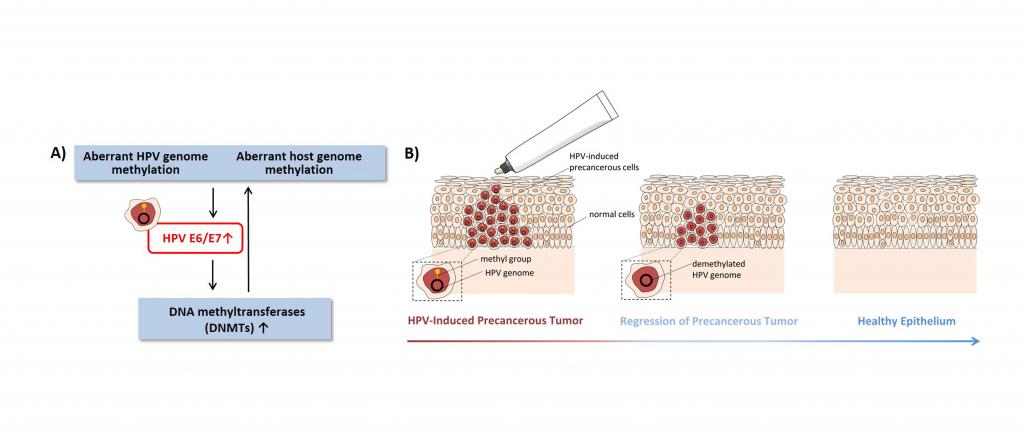
High-risk types of human papillomaviruses (HPV) can cause precancerous or cancerous lesions in the anogenital region of the human body. It is estimated that around 600,000 to 1,000,000 new cases of HPV-induced precancerous lesions arise every year in the industrialized countries. The number of unreported new cases of this disease in developing countries is estimated to be multiple times higher than this. The current treatment standard consists of removal of these lesions by surgical procedures. However, such interventions may cause side effects, e.g. bleeding, cosmetic disfiguration or increased rates of premature delivery in a significant proportion of treated patients. Thus, there is an urgent demand for effective yet gentle topical therapies against HPV-induced precancerous lesions. However, an approved medicinal treatment does currently not exist.
Studies in our group have previously identified a molecular mechanism by which HPV can facilitate tumorous growth of HPV-infected cells. This mechanism involves an epigenetic modification, specifically aberrant methylation, of the HPV genome. These modifications promote the increased production of the HPV tumor proteins E6 and E7, which are essential for the initial development as well as the maintenance of HPV-induced (pre-)cancerous lesions. We could show that the treatment of HPV-induced tumor cells with demethylating drugs can remove aberrant epigenetic modifications, leads to down-regulation of E6 and E7 and results in the inhibition of tumor growth.
To pave the way for a future clinical application of this treatment, we have established a comprehensive translational development program. In this frame, we have already achieved major preclinical milestones in the design and development of a novel topical therapy against HPV-induced precancerous lesions using demethylating agents. The support by the Else Kröner-Fresenius Stiftung will enable us to complete the preclinical development phase and build a bridge towards the planned clinical study in patients with HPV-induced precancerous lesions.
